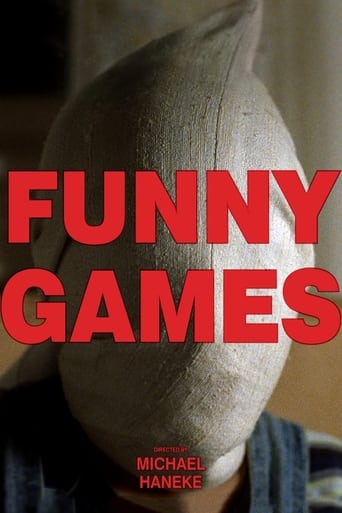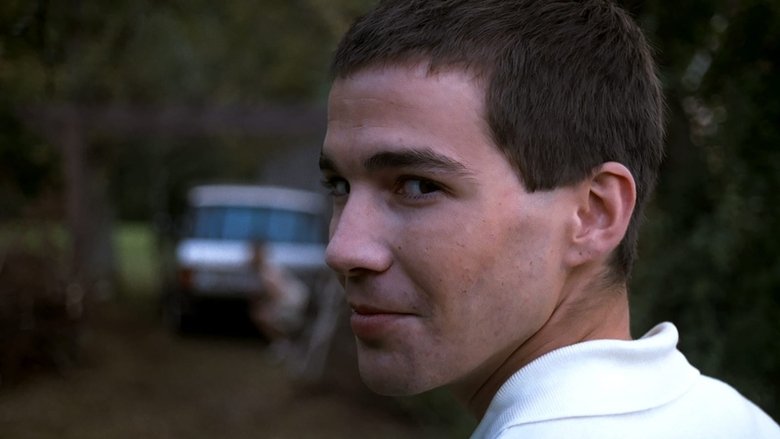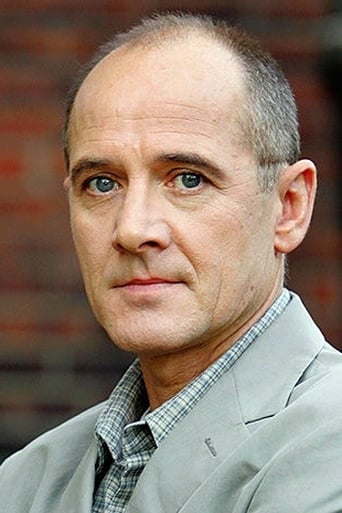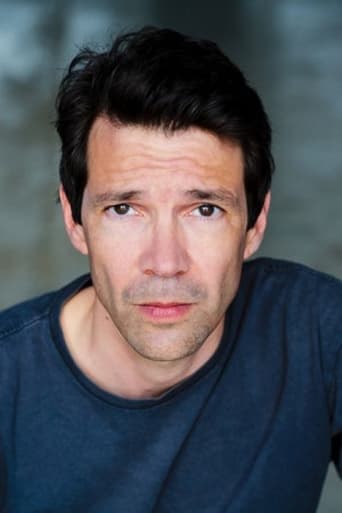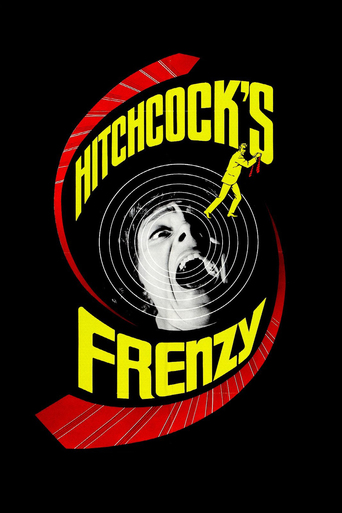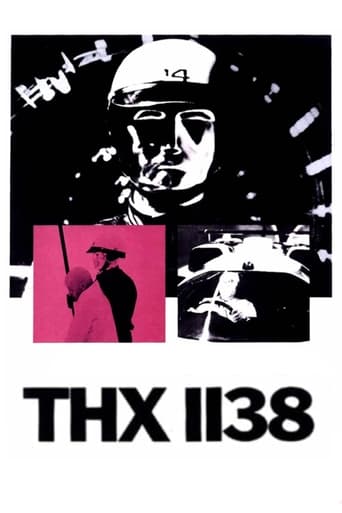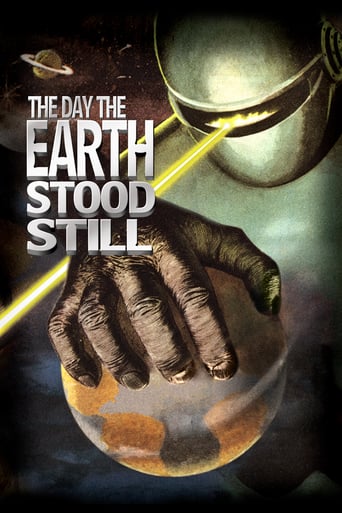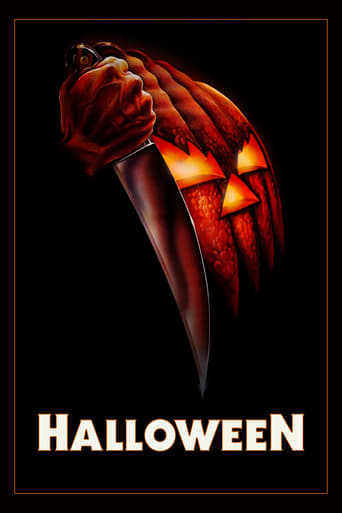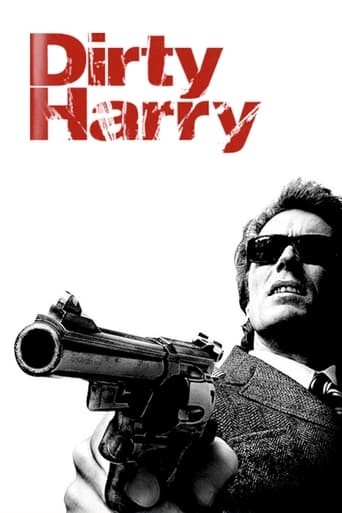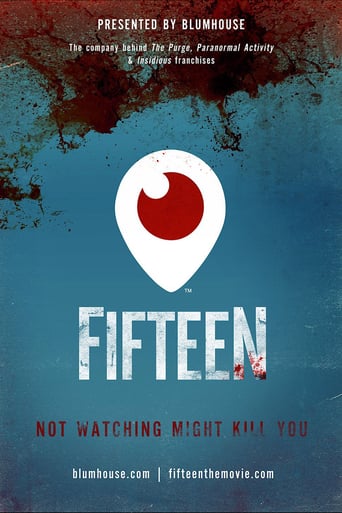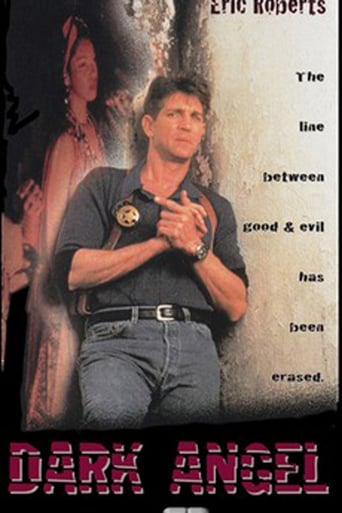Funny Games (1997)
Two psychotic young men take a mother, father, and son hostage in their vacation cabin and force them to play sadistic "games" with one another for their own amusement.
Watch Trailer
Cast


Similar titles
Reviews
Strong and Moving!
Great movie! If you want to be entertained and have a few good laughs, see this movie. The music is also very good,
what a terribly boring film. I'm sorry but this is absolutely not deserving of best picture and will be forgotten quickly. Entertaining and engaging cinema? No. Nothing performances with flat faces and mistaking silence for subtlety.
This is one of the best movies I’ve seen in a very long time. You have to go and see this on the big screen.
A difficult film for audiences because of the deplorable violence and vanishingly small relief extended to the viewer. The flaw is one of Introspection which is one of many fiction-writing modes and conventions used to convey the thoughts of a character. The film, by portraying such brutality leaves us with merely damned people and evil people. The lack of emotional connection between director and viewer results in redundancy. The viewer does not reach an enhanced position by having understood the deeper motives form the inner dialogue of the characters.
They did a great job regarding the psychotic scenario they ware aiming at, but believe me when I say, don't watch this movie if you don't have a strong stomach. It's not for everybody. On the other hand, if you truly like weird, wicked, and disturbed kinda movies, I would recommend it. It's a realistic visualization of a psycho home invasion all the way to detail.
First of all, the film has an excellent critique of violence. There are many things in the movie that can disturb the spectator. This should be the goal in the film. Punishing for the preferences of the audiences. The theme of violence is really making a spectacular presentation of the spectator. The use of a particular costume by the violent team may bring A Clockwork Orange to mind. Maybe this can be inspired by the production. But it's definitely a whole different movie. There are many things in the movie that characterize the audience as a movie. Especially the main characters talk to the audience constantly and the control scene in the final is a good example of this. In the film, the audiences who desire the salvation of the family since the beginning, the control scene may ruin. Also at the beginning of the film, the blade in the boat appeared later, referring to the last minute surprises in Hollywood movies. The biggest event in the film might be to use violence without showing. Maybe the violence in the film is outside the frame, but it can affect it much more than the films that make it into show. The film explains that there is actually no reason for the violence, and this is a simple game. It's quite annoying, but it's also a surprising and thought-provoking film. In my opinion, the director intended to make the violence common by communicating with the audience in the film. In this case the director has done a great job of making the spectator empathize. The film looks like a very simple perverse side neighbor story but does not have a happy ending guarantee like in Holllywood-made movies. For example, Disturbia 2007 or Fright Night 2011. There is hope in the film for a happy ending but the director never gives it to the audience. This makes the film different. Especially the control scene, it seemed like there would not be an ending as you want the audience. One of the most influential scenes in the film is the scene where the family's child died. A television screen covered with blood, an ongoing car race on television, and the blood of the child we have not even seen, show us one of the greatest emanations of real life violence. In addition, there is criticism of the stereotypes through the use of metal music and handsome killers which are always used in such films. I think the main idea in the film is to be careful that the white color can not always symbolize the goodness of innocence. This event reminded me of A Clockwork Orange movie. The film is full of great criticism from start to finish about the needlessness of violence. In addition to that, I can say that these lines from the film explain unnecessary violence perfectly for me; George: Why are you doing this? Peter: Why not? The film is dealing with the viewer and the film never gives the final that the viewer wants. People who have been exposed to classic Hollywood productions that we call audience. To sum up, Haneke shows us the antithesis of classic thriller films. End overall, the film is a masterpiece of Michael Haneke's criticism of violence and Hollywood stereotypes.
Michael Haneke (MH) is a not so mainstream director (such as Martin Scorsese for example), but he definitely should be. This review will be based 60% in "Funny Games" (FG) and 40% in MH as a director. I find myself very fond of him due to one simple fact: he's a modern-day Stanley Kubrick (SK), which I regard as the best film director/auteur of all time. Dedicated to analyze and explore the dark sides of humanity, he achieves in this film a "funny" portrayal of his point of view about Violence.FG is not for the faint of heart. MH has a distaste of how Hollywood portrays violence in movies, which is an explicit and morbid exploitation, which sometimes reaches unhealthy levels. Talking about violence in the film: the film is violent, but you never get to see violent or bloody images. MH loves to take the attention away from those detailed moments to create expectations and make the audience's imagination start playing "games". The uncertainty of this moments makes the heavy atmosphere of the flick. The greatest example is: when Paul is making himself a sandwich and you hear the gunshot and consequent screams; you feel desperate for knowing what happened. If the movie was made by a USA filmmaker, it is very probably that you could see what happened, in detail.The film walks between fiction and reality. Paul makes various fourth-wall breaks throughout the movie, and he even rewinds the scene where Anna shoots Peter (not allowing that to happen). Peter, on the other hand, refers and critic many aspects of the traditional suspense rules established by USA films. We are accustomed to seeing the protagonist win and live to tell the tale, well, not here. Paul and Peter even have an interesting discussion about fiction and reality at the end of the film, which makes you think about it afterward.Our main villains: charming well-educated sociopaths that will do whatever they please with whoever they want. Taking Paul as the leader, a little perfect Hannibal Lecter (leaving aside Cannibalism and Psychopathy). In the end, they did everything for just one simple aspect: because they could, and no one has ever told them they couldn't do something.Attention is what MH plays within his movies. He demands complete attention from you to understand. Whether it is with Long Shots or never giving explicit detail of what's going on, MH proves to be a skillful manipulator of the audience to achieve this: you leaving the theater wanting more. We are used to finishing a movie totally satisfied with what we saw and how everything ended (happily ever after). Well, not with MH. He wants you to go browsing and find whatever you can about what you just saw. Most than nothing, he wants you to make your OWN conclusions about the story: "Caché" (2005) and "The White Ribbon" (2009) for naming two. MH has between 10 to 15 movies to his name, all of them considered good movies, showing different aspects of humanity (often the dark ones), with a perfect sense of direction and meticulous execution. Tell me if this doesn't remind you of SK: Quality before Quantity. It is also important to state the difference between horror and terror. Horror is for fictional and irrational fears (ghosts and supernatural situations), and terror is for real things (a murderer or an accident). This movie is which? Kind of both isn't it?. On one side, you have a home invasion and in the other an antagonist that can manipulate time and space for achieving success. MH said that the movie was a message about violence in media. He said FG was intended to be neither horror nor terror.Something funny is that MH hates Quentin Tarantino (QT), mostly because he mixes violence and comedy, and his violence is extremely satirical. MH has a violent and bold style for most of his movies. He believes that violence portrayed in movies should have a serious and deep approach, special reason why he despises QT's movies. MH's filming style, psychological approach, and audience manipulation are his greatest weapons. He doesn't fear to make a movie of any theme or genre, and whenever he does, the final product is an instant masterpiece. He made a shot-for-shot remake of FG in 2007 with an entire USA crew. The film received mixed reviews. Why? Because it wasn't the kind of violence and suspense USA audiences like. MH wanted to prove a point, and he succeeded. MY FINAL CONSENSUS: Funny Games is out of the question a different kind of suspense and thriller, but a pretty interesting and effective one. Michael Haneke plays with audiences, in order to bring an excellent law-breaker critic of violence portrayal.

